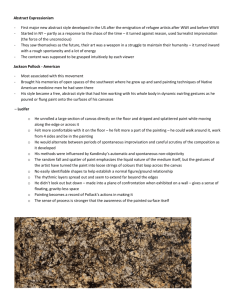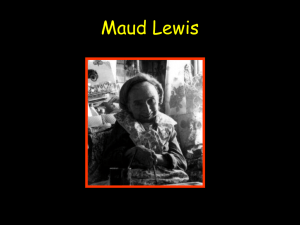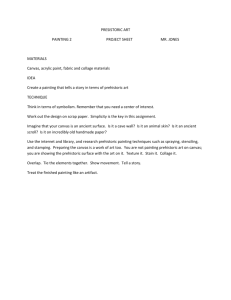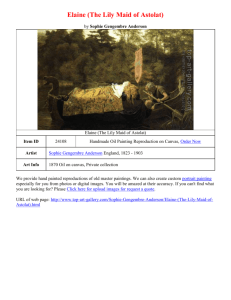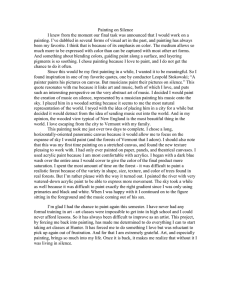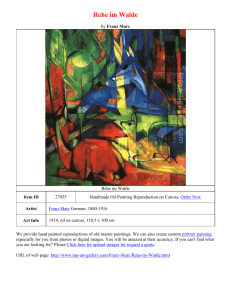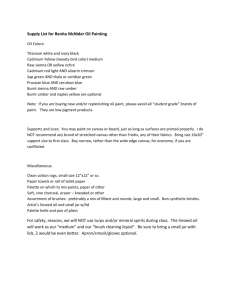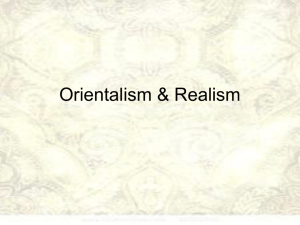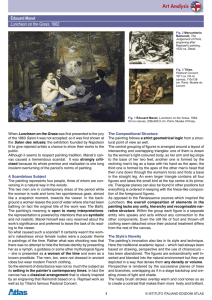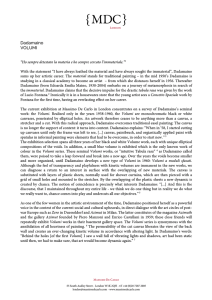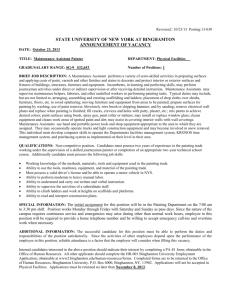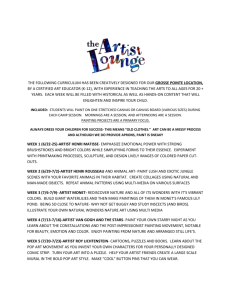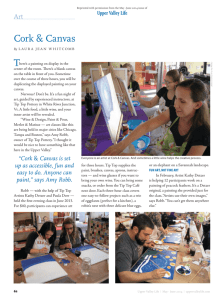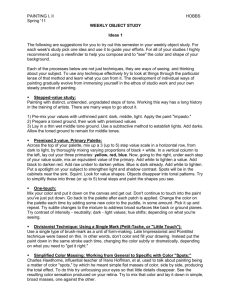Frank Stella
advertisement
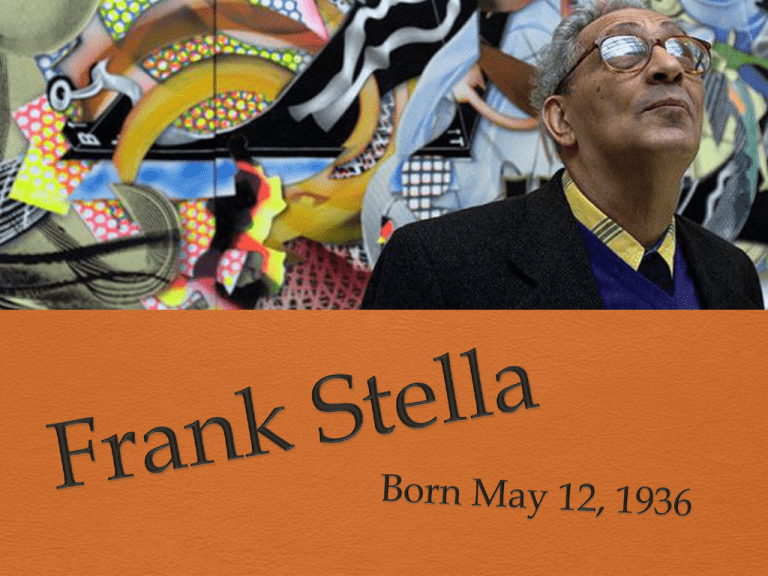
The National Medal of Arts is the highest award given to artists and arts patrons by the United States government. The National Medal of Arts is awarded by the President of the United States to individuals or groups who "...are deserving of special recognition by reason of their outstanding contributions to the excellence, growth, support and availability of the arts in the United States." Receiving the National Medal of Arts in 2009. Born in Massachusetts in 1936, the first of three children to first generation Italian-American parents. He began learning to paint his sophomore year of high school. Majored in history at Princeton University, where he also continued taking art courses. His professors there introduced him to the New York art world by bringing him to exhibitions in the city. He moved to New York after graduating in 1958. Early on he chose to emphasize the flatness of the painting surface, overturning the notion of paintings as an illusion of 3-dimensional space. “Grey Scrambled Double Square” (1964) synthetic polymer on canvas "Making art is complicated because the categories are always changing. You just have to make your own art, and whatever categories it falls into will come later." “Untitled” (1966) acrylic and fluorescent alkyd on canvas “Harran II” (1967), 10’ x 20’ polymer and fluorescent polymer paint on canvas Stella practices nonrepresentational painting, meaning that it does not allude to underlying meanings, emotions, or stories. He chooses to explore "line, plane, volume, and point, within space,” and focuses on the basic elements of an artwork - color, shape, and composition. “Eskimo Curlew” (1976) Stella began literally extending painting into the third dimension, entering the viewer's space with the incorporation of protruding materials. “Shoubeegi” (Indian Birds) (1978) 7’x10” by 10’ by 2’x8 ½” “La Scienza Della Pigrizia”(The Science of Laziness) (1984) oil, enamel paint, etched magnesium, aluminum, fiberglass “The Musket” (1990) assemblage and mixed media “Maxon’s Island” (1995) Mixed Media “Severinda” (1995) mixed media on fiberglass “Architecture can't fully represent the chaos and turmoil that are part of the human personality, but you need to put some of that turmoil into the architecture, or it isn't real.” Prinz Friedrich von Homburg, Ein Schauspiel, 3X (1998-2001) steel, aluminum, fiberglass “A sculpture is just a painting cut out and stood up somewhere.” “Material Crescendo”: The Phillips Collection in Washington, DC, 2008 “I don't like to say I have given my life to art. I prefer to say art has given me my life.”
